Misconception: Electric Cars Started to Appear Just Recently
Dear Stemians, today is the last day of misconception challenge organised by @suesa. This is my contribution about misconception of electric vehicles.
One of most common misconceptions is that electric cars started to appear just recently. Throughout our lives we have mostly seen gasoline and diesel powered cars ruling the roads. But in early days of automotive history there were some amazing twists that many are unfamiliar with.
To my surprise the first internal combustion engine was actually powered by hydrogen designed in 1808. The first vehicle propelled by gasoline was made in 1870. It was actually a handcart also known as "the first Marcus car", but not recognized as a car. First practical gasoline powered automobiles were completed simultaneously in 1886 by several German engineers working independently.
With invention of electric motor in 1828 also began the first experiments with small model cars. It passed many years of improving on electrical motor efficiency and batteries to get the usable car. The year 1888 is regarded as year when the first real electrical car came to the world.
And here comes the twist. Electric cars were superior and more popular than than its rivals in late 19th and early 20th century. They offered comfort and ease of operation that gasoline powered cars could not match. Sales of electric cars peaked in 1912.
The Electrobat was first successful electric car built in 1894. Later model built in 1896 had range of 40 km at speed of 32 km/h.
La Jamais Contente was the first vehicle to go above 100 km/h and above all it was electric. It used two 25kW motors. And that happened in the year 1899!
The first car to have seat belts was an electric car named Torpedo that reached top speed of 121 km/h.
1923 Detroit Electric had a range of 130 km with the speed of 40 km/h.
Invention of electric starter, quicker refueling times and growing petroleum infrastructure pawed the way of gasoline powered cars. Massively produced gasoline vehicles by Ford Motor Company reduced car costs by less than half that of equivalent electric cars. It was a clear win for the gasoline powered cars which erased electric cars from important markets by 1930.
After the failed attempt in 1990s to bring electric cars back it looks like more and more manufactures are showing interest in electric cars again. That is mainly because of Tesla's huge success. It looks like the future is in electric vehicles again which I'm really looking forward to :)
References:
[1] History of Electric Cars
[2] Breif History of Electric Car
[3] History of Automobile
[4] Electric Motor
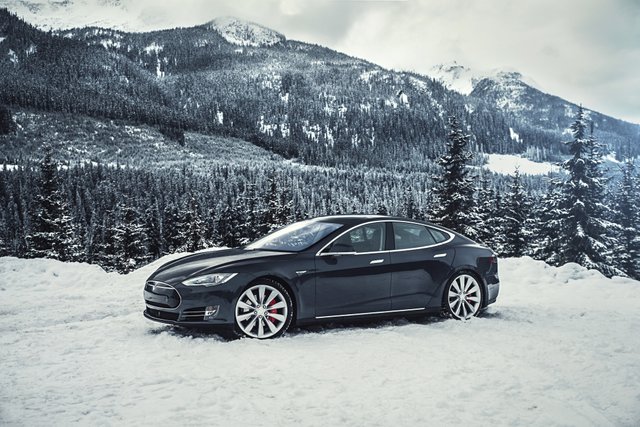
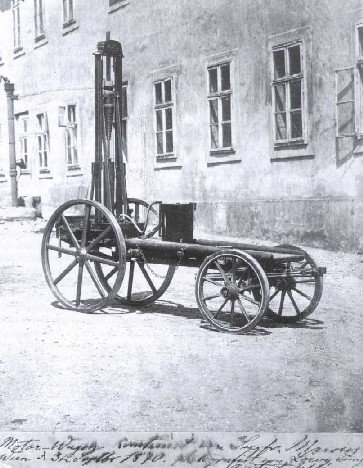
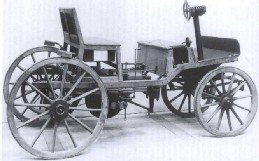
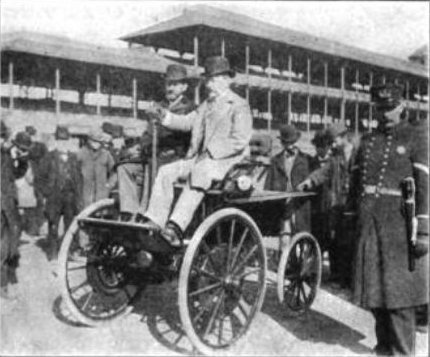
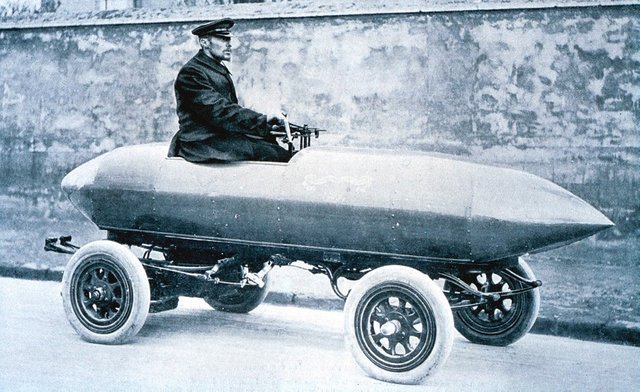
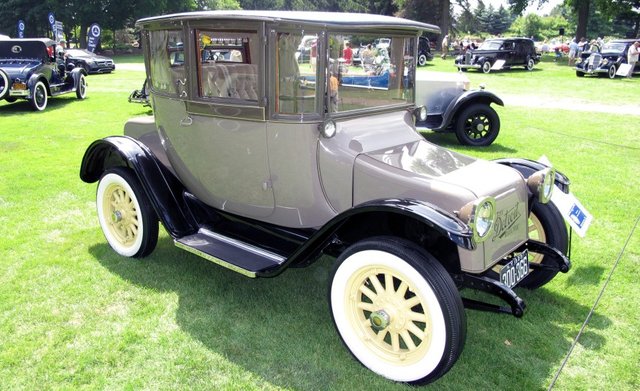
Good article, great in fact. I knew about the historical facts from early days of the automobile industry. Yes, electric cars were dominant in those days.
Thanks for reminding us!
By the way - it might interest you:
Thank you :)
I did know about electric cars, pre 1900's, but what a fantastic article it!
Thanks for posting, its great to see people who share my interest in the electric car.
I often think about what we would have now if there was 100 years of development of EV's.
The Nickel-Iron battery was fitted to edisons electric cars and they actually improve over time and last for decades.
If we would have discovered oil in 1900 the course of history would have been completely different. We would most likely stay on electric cars. I can only imagine what kind of batteries we would have by now.
I think electric cars are going to take over in the near future.
The problem is the manufacturing of the car and the fact all machinery used to build and make the cars are run by coal and greenhouse gasses/oil etc.
This is kind of defeating the object isn't it?
Its not really fighting the global warning phenomenon.
Not that I'm a believer in that anyway.
Good post anyway :)
As soon as you have civilization you have greenhouse gasses. There is no way around it. Even cows are contributing to global warming.
Transportation causes about 1/3 of a global pollution. Therefore electric cars could be a better way. Electric motor can have efficiency up to 98% while combustion engines are 30 to 45% efficient.
Love the La Jamais Contente. A post on weird failed EV's would be great fun. My favourite in the Sinclair C5 from 1985 but I think that I can see why it failed:
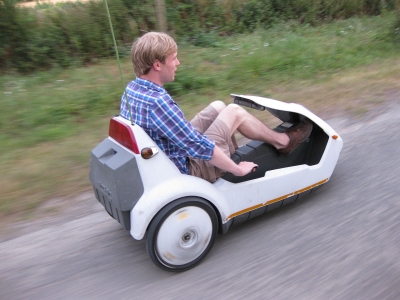
(Creative Commons image by Adam via Wikimedia)
It's still beyond me why they had to destroy them.
Thanks for sharing! It's interesting to look back at these early automobiles and the technology leaders of the time. I was surprised to see unique -for the times- electric land speed record vehicle from 1902 featured in an episode of White Rabbit Project recently (the Baker Torpedo).
There is something I think may be inaccurate though:
I wish that the increased activity around electric vehicle development were indeed based on manufacturer and customer interest as well as Tesla's success. It seems though that the real driver behind the EV trend is government intervention in the auto industry to promote cars that the government(s) want rather than allowing normal customer preference and manufacturer innovation to steer the course of R&D.
Examples of market distortions are:
Tesla operating as a loss as an auto manufacturer but making money by selling Zero Emissions Vehicle Credits to car companies that don't yet have electric/hydrogen vehicles to meet the requirements of California and several other states.
Tax credits and other incentives to EV buyers which make EVs more attractive than they otherwise would be. An example is the $7,500 federal credit. In Norway where EVs are exempt from the 25% sales tax and offered free charging the adoption rate is very high. In Denmark EV sales dropped 60% after the ending of some incentives that were in place for Danish buyers so we can see the massive difference government policy makes in the EV market.
Government fuel economy regulations that mandate higher fleet average fuel economy. Adding EVs can raise the fleet average making their development more attractive to automakers.
I wouldn't want to see what type of smartphones we would have if there were as much 3rd party influence in that marketplace and I wish we could see what the real unfolding of innovation in the car market would look like.
Since we can't it seems good to remember that the cars in development and on the market today are not exclusively -or even primarily in some cases- the result of the desires of car buyers and the innovation of auto makers.
I completely agree. There's a lot of games going on behind the curtains.
history repeats itself!
Yes, indeed :)
This post recieved an upvote from minnowpond. If you would like to recieve upvotes from minnowpond on all your posts, simply FOLLOW @minnowpond
http://www.whokilledtheelectriccar.com/about
I've seen this movie a few years ago.
Wooow...amazing.
Good post my friend and vert interesting.
Thank you.
This post has received a 1.91 % upvote from @booster thanks to: @bachuslib.